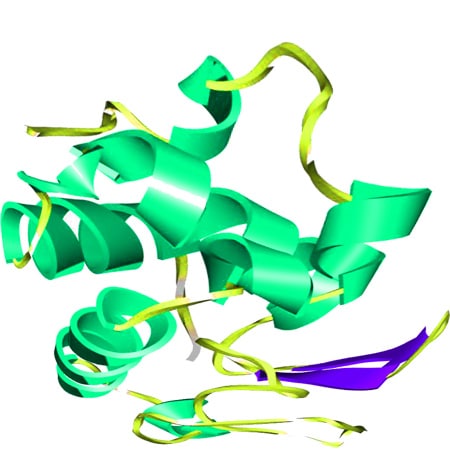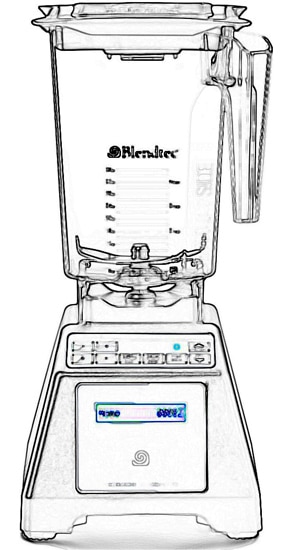Throughout the summer months most homeowners settle into a routine regimen that works for their pool and if all goes well, keeps the pool water clear and free of harmful bacteria and sediment. The main focus for most homeowners is clarity and algae control using any of the more popular methods which include daily doses of chlorine, copper sulfate, salt and other algae combatants. While not focused on as heavily as algae removal using chemical control treatments, fuels present in the water itself play an important role in the development of algae and bacteria and many folks are now realizing the benefits of adding enzymes to help support the removal of algae and make the pool water less friendly for growth. This method can be achieved by using enzymes to help break down all sorts of unwanted pool contaminates such as hair, cosmetics, oils, lotions, insects, leaves, dust, polluted rainwater, urine and virtually anything else organic that winds up in your water.
The role of enzymes
Enzymes are all around us and are the byproduct of healthy bacteria. As bacteria digest organics they create enzymes which bind to the target organic and help further break the substance down or liquefy it, making it easier for bacteria to digest. Enzymes sort of convert organics into ‘baby food’ which allows the bacteria to more readily digest and consume the matter.
Enzymes are actually proteins that are made up of amino acids. Each enzyme has a specific mission which is to assist the bacteria that created it with digestion. Enzymes are specific with a narrow target medium. Meaning, bacteria working to digest dead leaves in the bottom of your pool water will fabricate enzymes which are specifically created for the further digestion of the leaves. The same holds true for bacteria working on oils and hair, each creating a special enzyme relative to the organics the bacteria want liquefied.
Pool algae are actually a living organism which requires a few things to start growing, just like any plant would. Some of the ‘things’ algae needs are light and fuels composed of nitrates, phosphates and other compounds usually found abundantly in pool water. These organic fuels such as hair, grass and lotions are broken down by bacteria into various easy to assimilate fuels like nitrates and phosphates which help algae growth. As more organic material is added to pool water, bacteria begin to digest the organics and enzymes kick in to help the process. The cycle continues and as a result the pool water nitrate and phosphate levels begin to skyrocket. Once peaked, microscopic algae rush in to begin assimilating the fuels and in a matter of hours, the water begins to turn from a crystal clear to a light green tint.
If the fuels were to magically disappear, the algae would diminish and reproduce very slowly if at all. Adding quality enzymes to your pool will help give your water a silky, fresher feel with fewer impurities. Enzymes not only clarify your water by removing organics, they also help extend the life of your filter, keeping filtration cleaner as debris and organics are reduced.

